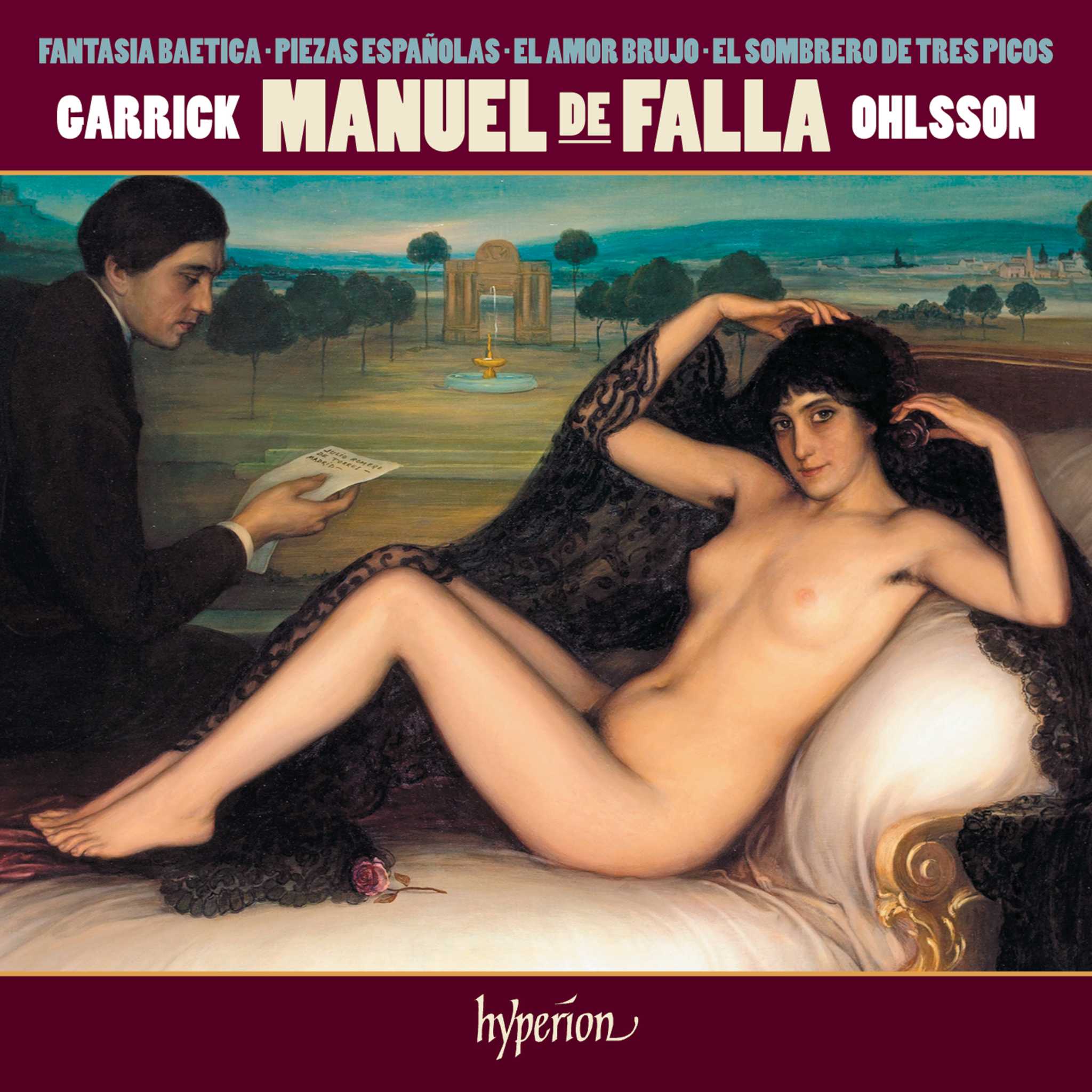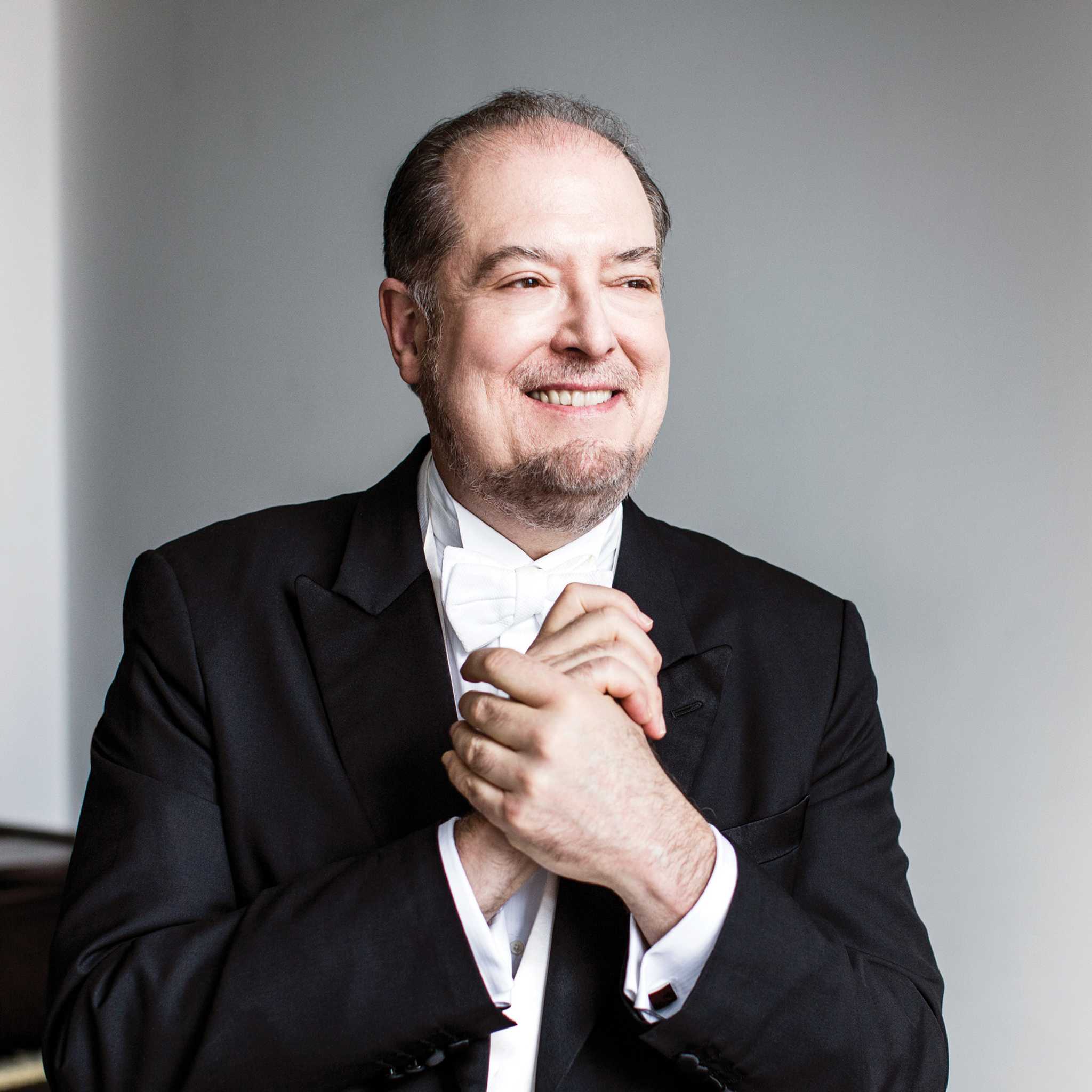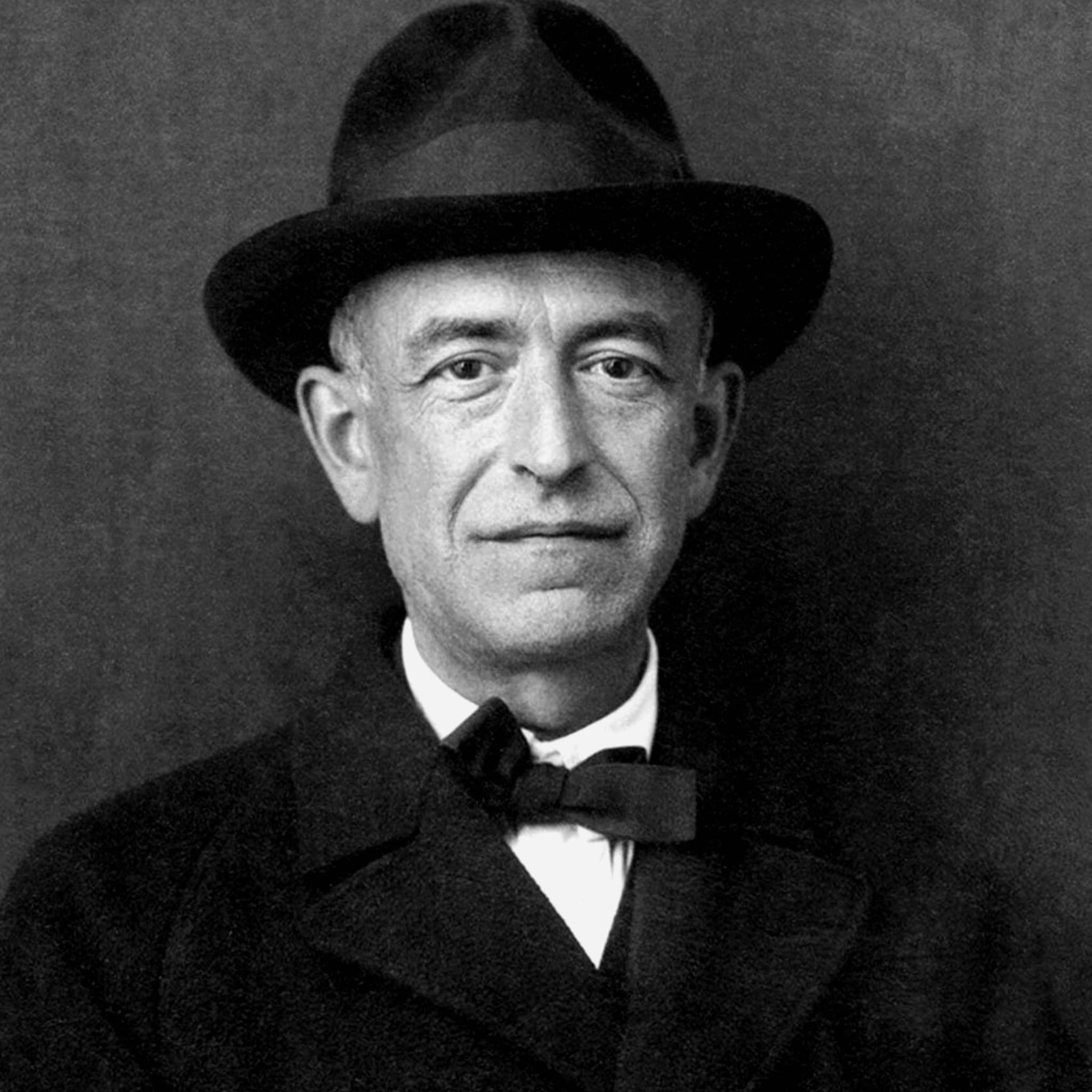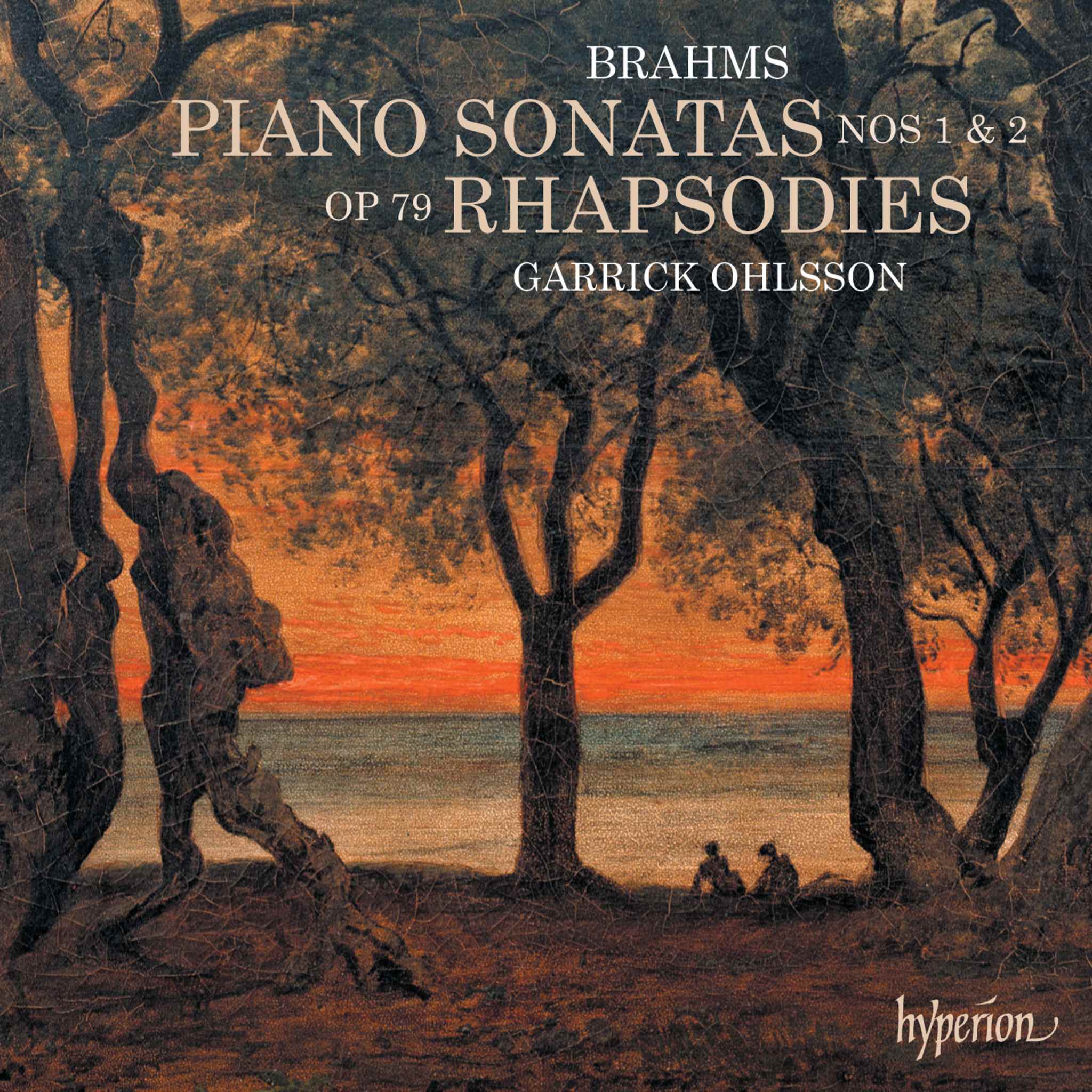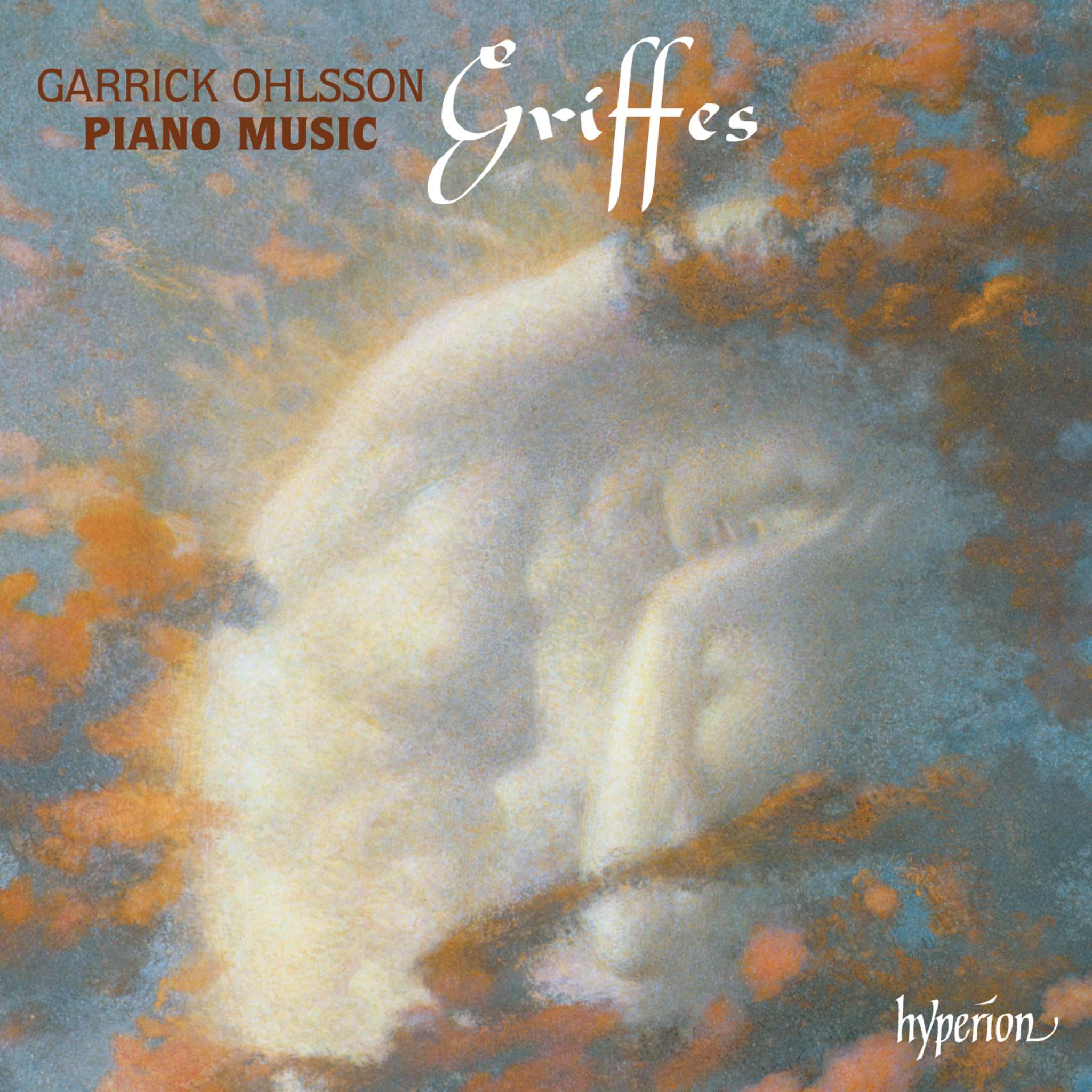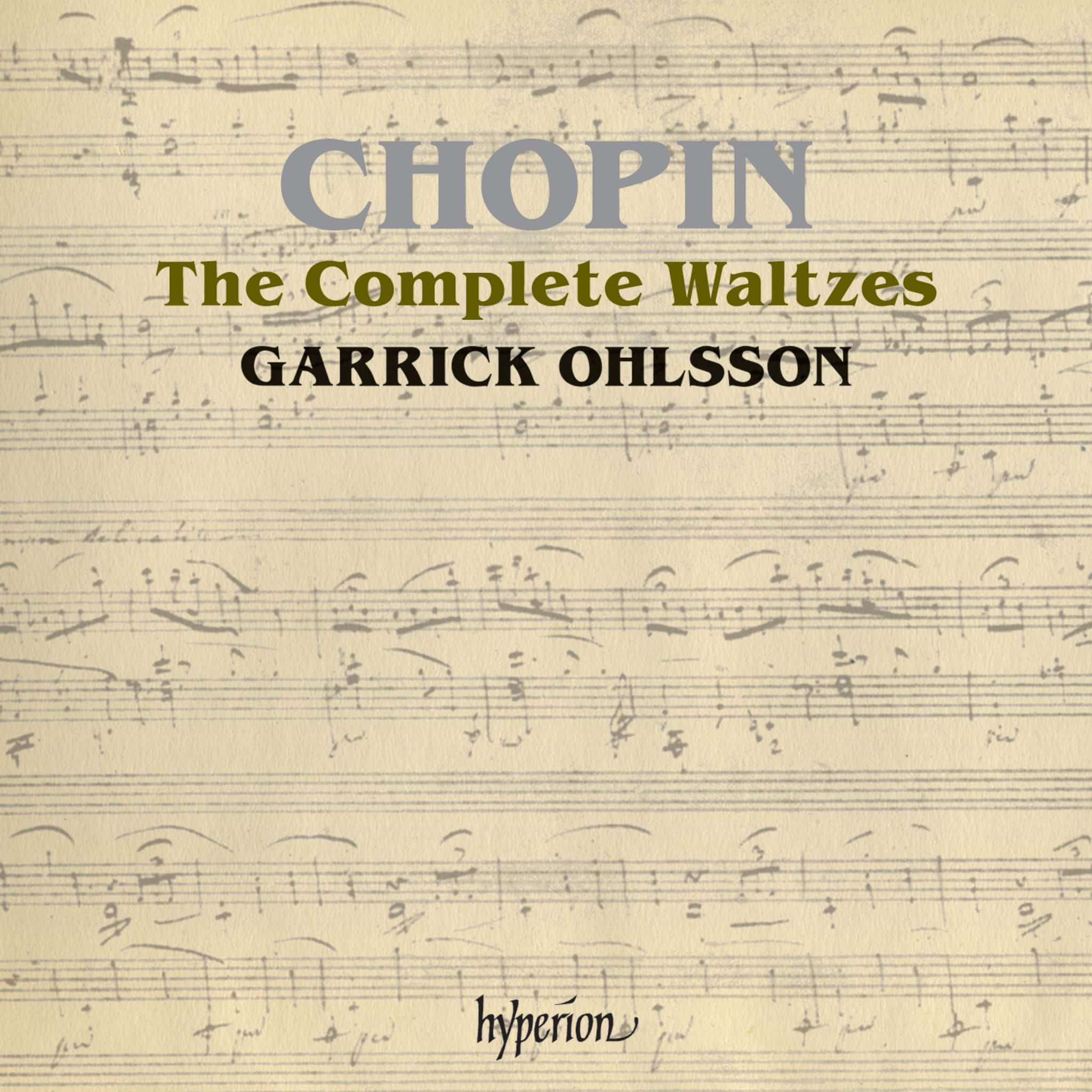Album insights
Born in Reno, Nevada in the early 1970s, Eric Whitacre is proud of his family's longstanding history in Nevada spanning five generations. Despite his initial lack of musical discipline, moving from failed piano lessons to disruptive behavior in his school's marching band, it was his unexpected entry into a college choir that marked a turning point. Joining the choir due to a few attractive sopranos, he found himself immersed in a transformative experience, sparking a lifelong passion for choral music.
Whitacre's journey led him from his first choral composition at 21 to studying under renowned composers in New York, which paved the way for his prolific career. His early success with the choir propelled him to explore symphonic wind ensemble composition with pieces like Ghost Train, which he initially viewed as a fortuitous experiment that unexpectedly launched his professional composing career.
While drawing inspiration from diverse sources beyond classical music, Whitacre's compositions display a blend of his musical roots, incorporating elements from his rock music upbringing. His commitment to creating relevant, honest, and pure music has been a driving force behind his acclaimed works like Water Night and Ghost Train, each rich with harmonic intricacies and emotional depth.
Exploring a variety of texts for his compositions, Whitacre's direct and insightful approach to translating poetry into music shines through in his collaborations with poets like E.E. Cummings and Octavio Paz. Despite the spiritual essence prevalent in his work, Whitacre clarifies that his compositions reflect a deep connection to the human experience rather than any religious affiliation, illustrating his versatility in capturing diverse themes and emotions through his music.
Through meticulous attention to detail and innovative techniques, Whitacre's compositions unfold with elegance and precision, captivating audiences with their harmonious textures and expressive qualities. From his contemplative adaptations of Rumi's poetry to the dynamic Cloudburst, where he marries vocal prowess with unconventional percussive elements, Whitacre's musical journey exemplifies a blend of traditional craftsmanship and contemporary creativity.
Amidst challenges regarding copyright limitations and creative freedoms, Whitacre's ability to navigate complex legal issues while maintaining the essence of his compositions is evident in works like This Marriage and Sleep, demonstrating his adaptability and dedication to preserving the integrity of his musical expressions.
Upholding a commitment to musical authenticity and emotional depth, Whitacre's compositions continue to resonate with audiences worldwide, bridging classical traditions with modern sensibilities and cementing his legacy as a visionary in contemporary choral music.

